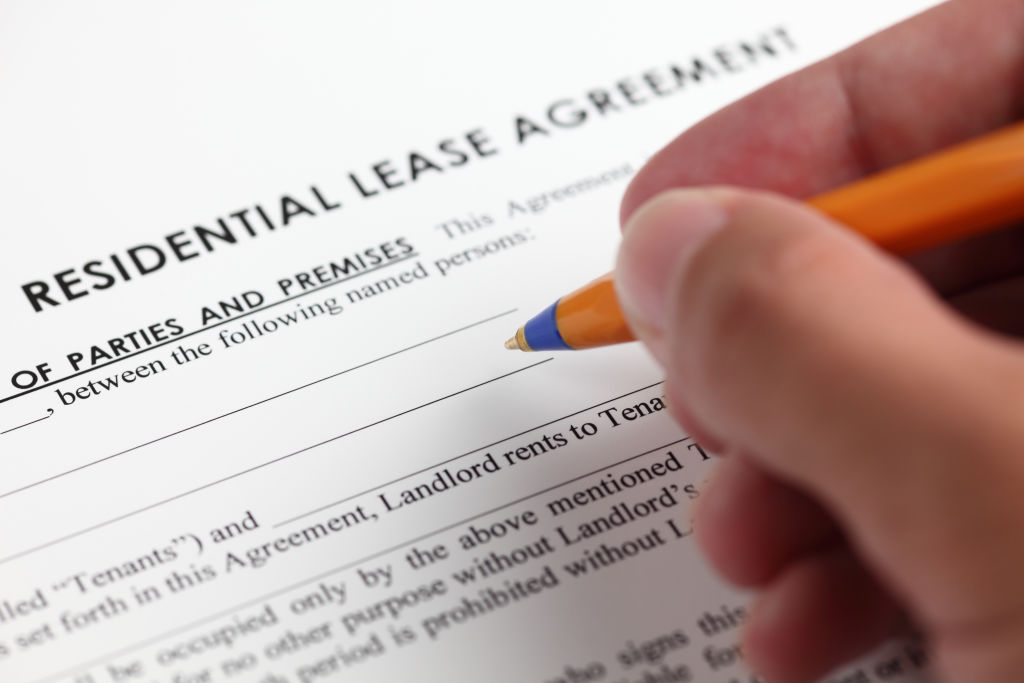
What WA's new tenancy laws mean for renters, landlords and tenants
WA has a new set of residential and commercial tenancy laws in a government attempt to arrest the economic fallout of the coronavirus pandemic.
For renters, landlords and tenants, this means there is a ban on evictions for six months under both residential and commercial tenancy agreements.
But there are some exceptions, according to the state government.
This is to preserve some protections for landlords against tenants who aren’t suffering hardships attempting to take advantage of crisis by avoiding their agreement obligations.
Residential tenancies
The laws mostly implement the decisions of the National Cabinet and will try to stop tenants from having to move out or being made homeless.
This means a moratorium on evictions for six months.
But to protect landlords, tenants can still have their leases terminated and be evicted if they are causing damage to the property, posing a threat to the landlord or neighbours, not paying rent if they are not suffering coronavirus related hardship, refusing to make a rent payment agreement or if they abandon the property.
Under the laws landlords will be unable to increase rent during the moratorium period, which started March 30, and tenants struggling as a result of the pandemic who break their lease will not be penalised.
Landlords or tenants who suffering hardship can apply to the Magistrates Court to have the tenancy agreement terminated. For example, a landlord who loses their job and wants to make their rental property a primary residence will still be able to apply to court.
Affected landlords and tenants are urged to negotiate an agreement about when rent will be paid in a bid to preserve the tenancy during the six-month period. However, if agreement cannot be reached, the landlord and tenant will be required to participate in a mandatory conciliation requirement facilitated by the Commissioner for Consumer Protection.
The moratorium period is defined as starting from March 30 and can be reduced or extended by regulations to deal with changing circumstances.
Landlords will not be required to carry out non-urgent repairs on houses if they themselves are struggling and tenants will still be required to pay rent owed.
Commercial tenancies
Under new commercial tenancy laws rent increases will be frozen and no interest will be charged on owed rent.
According to the government, the aim of the legislation is to help small commercial tenants that are now in financial distress to survive the current economic downturn due to restrictions imposed to combat coronavirus.
There will also be restrictions on landlords penalising tenants for reducing trading hours.
The industry is eagerly awaiting details of a state code of conduct being developed based on the national version that will provide a framework for negotiations to be carried out in good faith between landlords and tenants to agree on rent relief measures.
The impact the COVID-19 restrictions have had on the business with regard to revenue, expenses and profitability will be taken into consideration when determining and implementing appropriate deferrals, reductions or waivers of rent as well as sharing costs.











